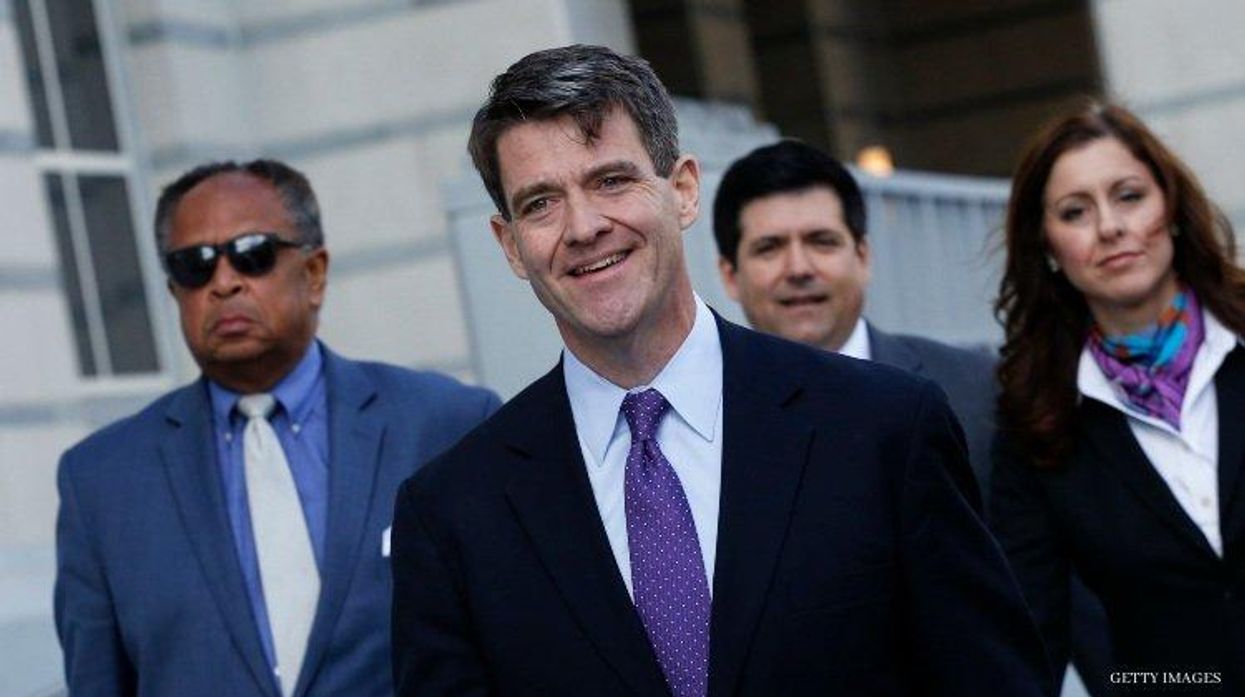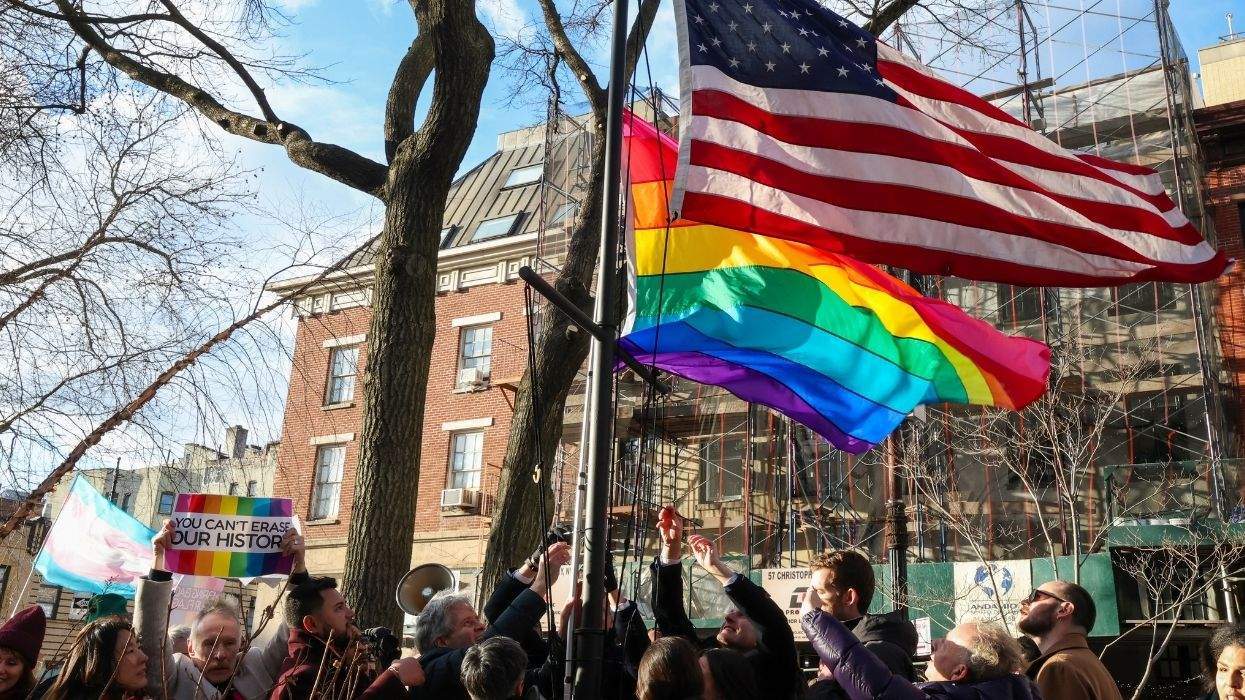In a unanimous decision, the Supreme Court overturned the 2016 guilty verdicts of ex-New Jersey aides Bridget Kelly and Bill Baroni, both of whom were charged for their connection in the closure of access lanes from Fort Lee, N.J., to the George Washington Bridge.
The supposed scheme, dubbed "Bridgegate," was presumed to be an act of political retaliation against Fort Lee Mayor Mark Sokolich for not endorsing then-Gov. Chris Christie's reelection. The scandal ultimately led to Christie's political downfall.
Baroni, a former Republican state senator in New Jersey and a gay man, was the Port Authority's deputy executive director at the time of the scandal and was accused of approving the plan before attempting to cover it up. He and Kelly were found guilty in November 2016 of fraud, conspiracy, and civil rights violations for their roles.
Justice Elena Kagan wrote the opinion, which drove home the point that while there was certainly "wrongdoing" and "deception" in carrying out the lane reduction, Kelly and Baroni were not seeking money and therefore the federal fraud statutes at issue in the case were not violated.
"Baroni and Kelly used deception to reduce Fort Lee's access lanes to the George Washington Bridge -- and thereby jeopardized the safety of the town's residents," Kagan wrote. "But not every corrupt act by state or local officials is a federal crime. Because the scheme here did not aim to obtain money or property, Baroni and Kelly could not have violated the federal-program fraud or wire fraud laws."
In 2016, Kelly was sentenced to 13 months in prison while Baroni was sentenced to 18 months. He agreed to serve his time, but Kelly appealed her case to the Supreme Court, which eventually heard the case in January.
Baroni was released from custody after serving three months when the court agreed to hear the case. Now he remains a free man and will not be returning to prison given that all charges have been dropped. Had the court ruled in the other direction he would have been forced to return to prison.
A staunch LGBTQ activist, Baroni was the only Republican to vote for marriage equality in New Jersey in 2010. He also fought overseas to legalize same-sex marriage in Ireland, which ultimately came to pass in November 2015.
Above: Bill Baroni arguing the case for marriage equality in 2010.
As The Advocate previously reported while at the Supreme Court in January, Kelly's and Baroni's attorneys challenged the basis of their prosecutions, which were centered on the wire fraud statute, 18 U.S.C. 1343. They argued that the court misapplied this statute, which states it's illegal for public officials to divert public resources for their own financial benefit. There was no such claim in the Bridgegate case.
At the end of the day, theor arguments weren't about whether or not Kelly or Baroni lied about creating a traffic jam. Rather, the focus was on a larger question: If a public official lies about why they do something -- even if he or she doesn't gain from it personally -- is it still considered fraud?
In a statement to NorthJersey.com, Baroni thanked the court "for this clear statement of my innocence," adding, "These have been very difficult years for me, my family and my friends. There were many tough days, and it was their faith in me and my innocence that allowed me to get through this."
His attorney, Michael Levy, said the ruling "confirms that Bill was right" in his belief that he had never committed a crime. Although the process of getting to this day has been an ordeal, Bill is heartened that the system ultimately worked."
"At long last, Bill looks forward to moving on from this case and continuing his life of service," Levy added.
To this day, Christie has not been charged in the Bridgegate investigation and has denied knowing about the scheme at all, despite that Kelly and Baroni testified during the 2016 trial that Christie knew of the traffic scheme the whole time.















Charlie Kirk DID say stoning gay people was the 'perfect law' — and these other heinous quotes
These are some of his worst comments about LGBTQ+ people made by Charlie Kirk.